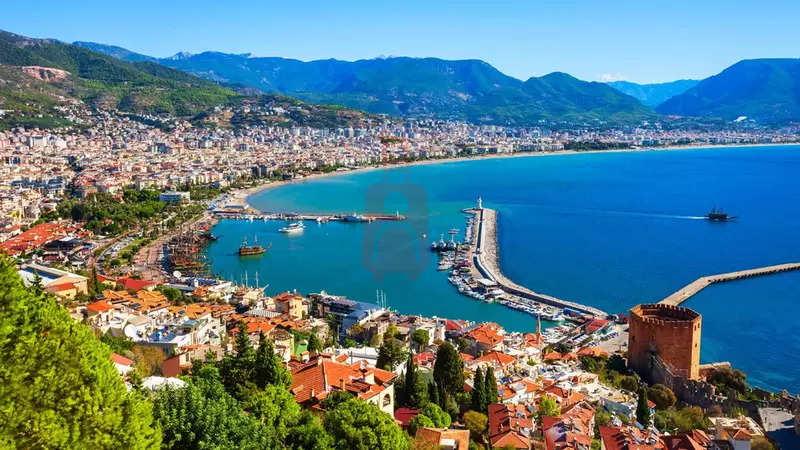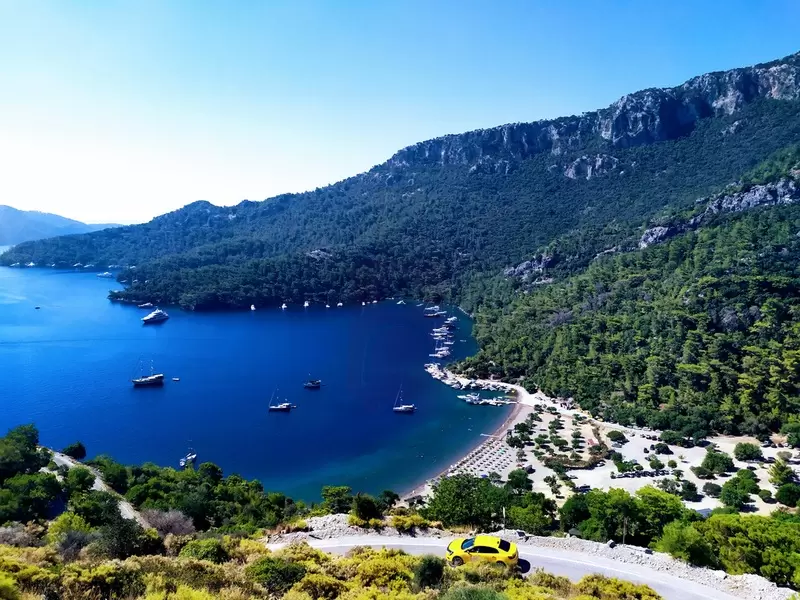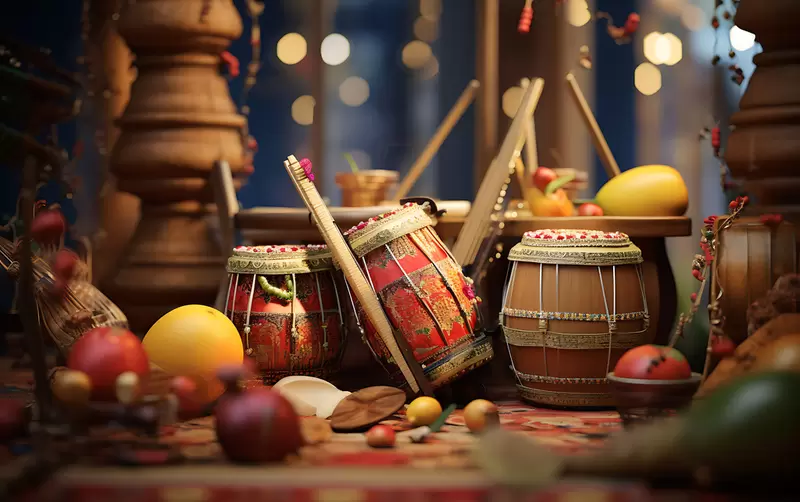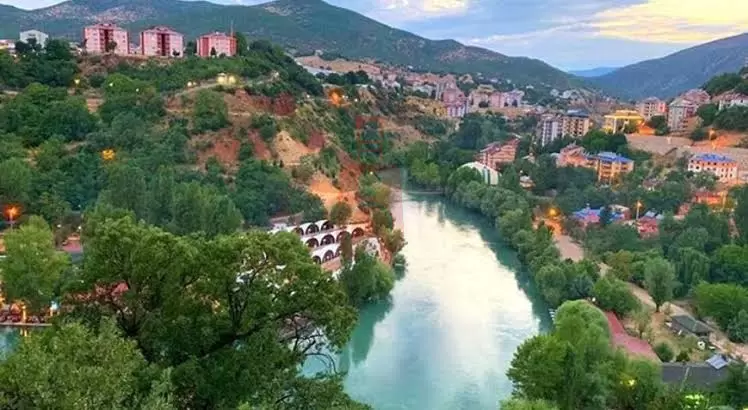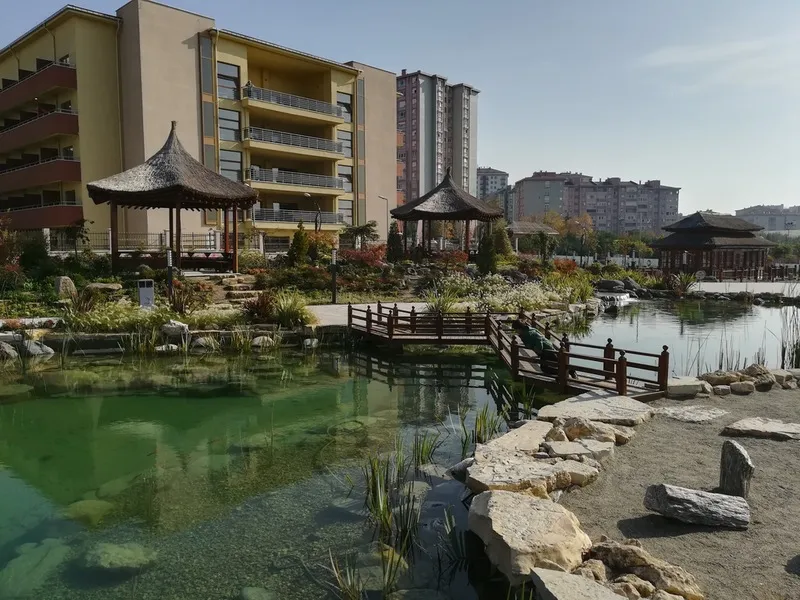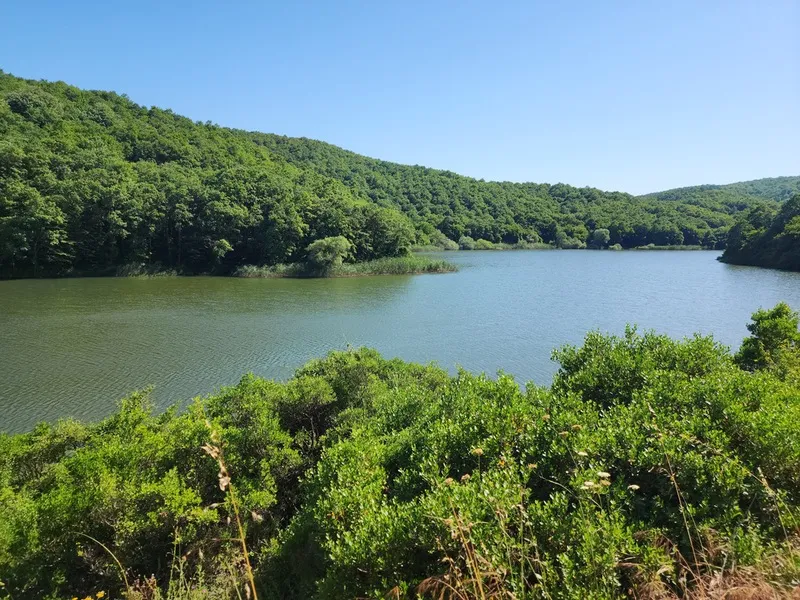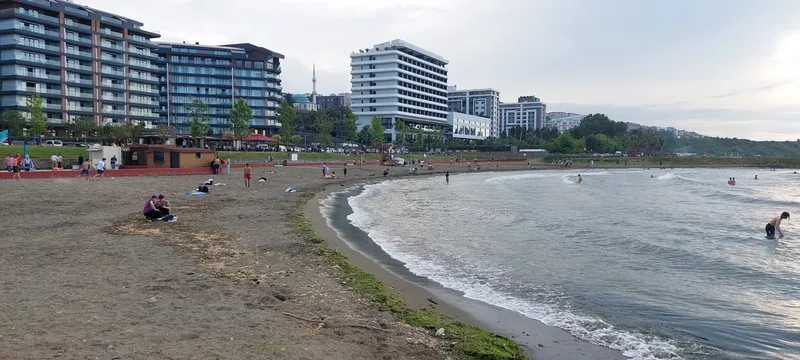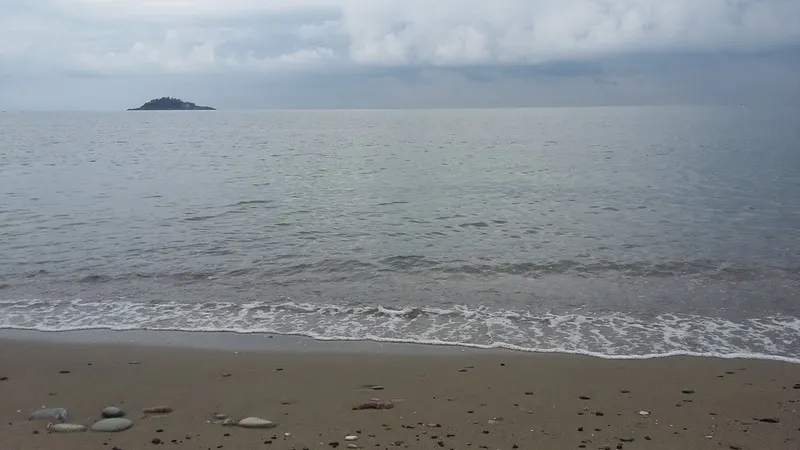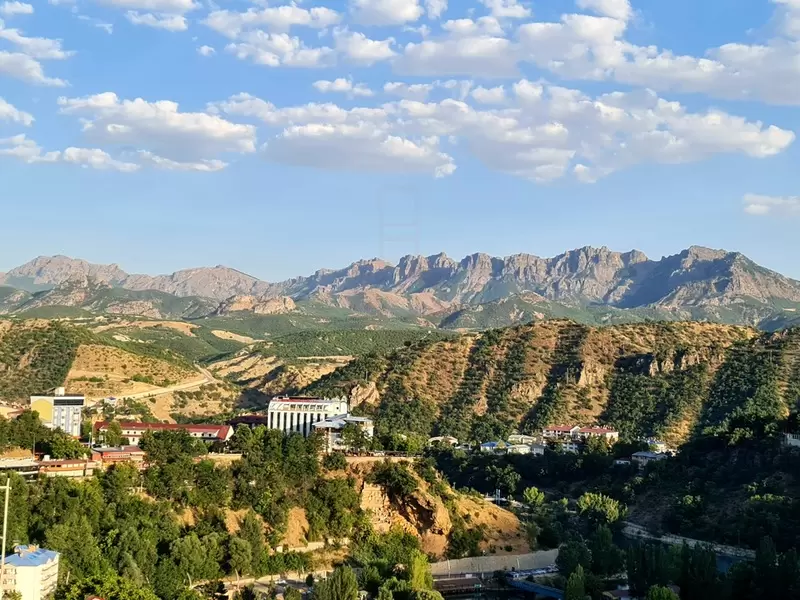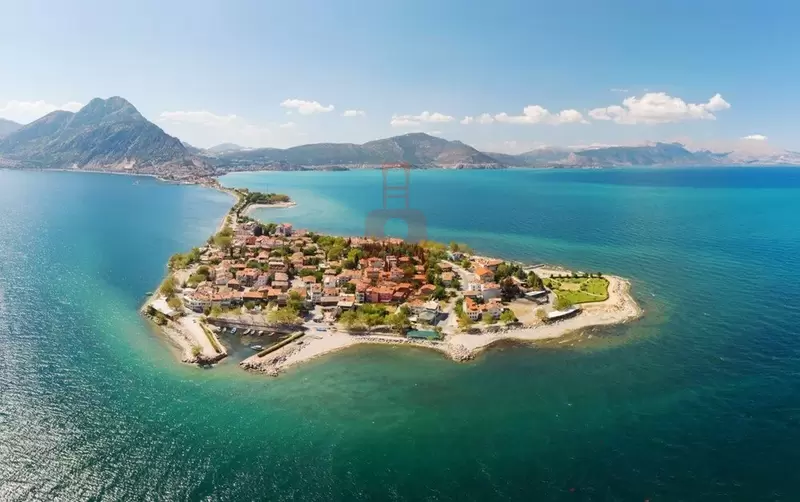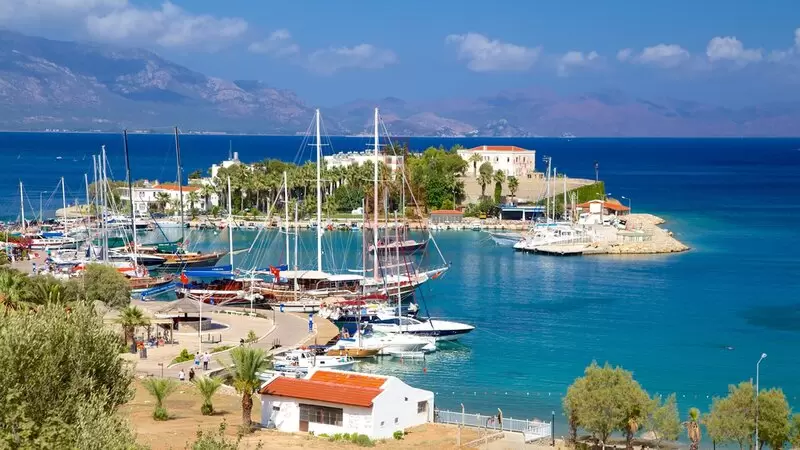
Muğla, located in southwestern Turkey, is a region renowned for its stunning coastal towns, rich cultural history, and breathtaking natural beauty. It is home to some of the country’s most famous tourist destinations, such as Bodrum, Marmaris, Fethiye, and Ölüdeniz. But beyond the famous beaches, Muğla also offers hidden gems, ancient ruins, and quiet villages that make it a versatile and fascinating region to explore. Whether you’re visiting for its pristine beaches, historical sites, or vibrant nightlife, here are a few important things you should know before visiting Muğla.
Climate and Best Time to Visit
Muğla enjoys a typical Mediterranean climate, with hot, dry summers and mild, rainy winters. If you’re planning to visit in the summer months, especially between June and August, be prepared for high temperatures, often exceeding 30°C (86°F), especially in inland areas. The coastal towns tend to be a bit cooler, but you’ll still want to pack light, breathable clothing, a hat, sunglasses, and plenty of sunscreen to protect yourself from the intense sun.
The best time to visit Muğla for pleasant weather and fewer crowds is during the spring (April to June) or early fall (September to October). During these months, the weather is warm but not too hot, making it ideal for outdoor activities such as hiking or exploring ancient ruins. The waters are also warm enough for swimming, and you’ll avoid the peak tourist crowds that fill the towns during the summer.
Transportation
Muğla is a large region, and while public transportation is available in most towns, renting a car is highly recommended if you want flexibility and the ability to explore off-the-beaten-path destinations. Many of the region’s hidden beaches, remote villages, and natural wonders are not easily accessible by bus, and having your own vehicle gives you the freedom to stop and explore at your own pace.
That said, Muğla’s major towns, such as Bodrum, Marmaris, and Fethiye, are well-connected by a network of buses, minibuses (dolmuş), and taxis. If you’re planning to stay in one of these towns and explore the immediate area, public transport should suffice. Dolmuş services run frequently between towns and beaches during the tourist season and are an affordable and convenient way to get around.
For longer distances, you can also take intercity buses, which connect Muğla with other major cities like Istanbul, Izmir, and Antalya. Additionally, Muğla is served by two airports: Milas-Bodrum Airport and Dalaman Airport, both of which offer domestic and international flights.
Accommodations
Muğla offers a wide range of accommodation options, from luxury resorts and boutique hotels to budget-friendly hostels and guesthouses. In popular towns like Bodrum, Marmaris, and Fethiye, you’ll find everything from all-inclusive resorts with private beaches to charming family-run pensions.
If you’re looking for a more peaceful and authentic experience, consider staying in one of Muğla’s smaller towns or villages, such as Akyaka, Datça, or Köyceğiz. These places offer a slower pace of life and are often less crowded than the more famous tourist hubs. Many of these towns also offer eco-friendly accommodations and boutique hotels that blend seamlessly with the natural surroundings.
During the summer months, it’s a good idea to book your accommodations well in advance, especially if you’re planning to stay in one of the more popular destinations.
Currency and Payments
The local currency in Muğla, and throughout Turkey, is the Turkish Lira (TRY). While major tourist towns like Bodrum and Marmaris accept credit cards widely, it’s always a good idea to carry some cash, especially if you’re venturing into smaller towns or rural areas where card payments may not be as common.
ATMs are readily available in most towns, and you can withdraw Turkish Lira using your debit or credit card. However, always check with your bank regarding international transaction fees to avoid surprises.
Tipping is customary in Turkey, and it’s generally appreciated in restaurants, cafes, and for services like taxi rides or hotel staff. A 10% tip in restaurants is typical, though some establishments may already include a service charge in the bill, so it’s worth checking before tipping.
Local Cuisine
Muğla is a paradise for food lovers, offering a variety of fresh, locally-sourced ingredients and traditional Turkish dishes. The region’s coastal location makes seafood a staple, and you’ll find an abundance of fish, calamari, octopus, and shrimp dishes on restaurant menus. Don’t miss the chance to try grilled sea bass or levrek, a popular fish in the area.
In addition to seafood, Muğla’s cuisine is known for its use of olive oil, fresh vegetables, and herbs. Dishes like zeytinyağlı (olive oil-based vegetable dishes) and meze (small appetizers) are commonly served as starters. Popular mezes include haydari (a yogurt-based dip), patlıcan ezmesi (mashed eggplant), and şakşuka (fried eggplant with tomato sauce).
For a true taste of the region, visit a local pide or kebap restaurant, where you can enjoy traditional Turkish flatbreads topped with a variety of fillings or succulent grilled meats.
In smaller towns and local markets, you’ll also find delicious street food options, including gözleme, a savory Turkish flatbread stuffed with cheese, spinach, or minced meat, and simit, a popular sesame-covered bread ring.
Language and Communication
While Turkish is the official language spoken in Muğla, you’ll find that English is widely spoken in the major tourist areas, especially in hotels, restaurants, and shops. However, in smaller towns and rural areas, English may not be as commonly spoken, so it can be helpful to learn a few basic Turkish phrases. Simple greetings like "Merhaba" (Hello) or "Teşekkür ederim" (Thank you) can go a long way in making a positive impression on locals.
Having a translation app or phrasebook can also be useful for navigating local markets, ordering food, or asking for directions when English is not spoken.
Attractions Beyond the Beaches
While Muğla is famous for its pristine coastline, there’s much more to explore beyond the beaches. The region is home to several ancient cities, natural wonders, and cultural landmarks that are worth visiting during your stay.
- Ancient Ruins: Muğla is home to several ancient ruins, including the Mausoleum at Halicarnassus in Bodrum, one of the Seven Wonders of the Ancient World, and the ancient city of Kaunos near Dalyan, known for its rock-cut tombs and well-preserved ruins. Another must-visit site is Letoon, a UNESCO World Heritage site that was an important religious center for the ancient Lycians.
- Saklıkent Gorge: Located near Fethiye, Saklıkent Gorge is one of the longest and deepest canyons in Turkey. Visitors can hike through the gorge, wade through its cool waters, and enjoy the stunning natural scenery.
- Dalyan River: The Dalyan River is famous for its pristine delta, the ancient Lycian rock tombs carved into the cliffs, and Iztuzu Beach, a nesting site for endangered loggerhead sea turtles. A riverboat tour is the best way to explore this unique area.
- Butterfly Valley: Accessible only by boat or a challenging hike, Butterfly Valley is a secluded canyon near Ölüdeniz, home to hundreds of butterfly species. The valley is a peaceful retreat for nature lovers and a great spot for swimming, hiking, and camping.
- Bafa Lake: Located on the border of Muğla and Aydın provinces, Bafa Lake is a tranquil freshwater lake surrounded by olive groves and ancient ruins. It’s a great place for hiking, birdwatching, and exploring the remains of the ancient city of Heraclea.
Respect Local Customs
Like the rest of Turkey, Muğla is a region where traditional Turkish customs and hospitality are highly valued. While the coastal resorts are very accustomed to international visitors and tend to be more relaxed, it’s important to be mindful of local customs, particularly when visiting more rural areas or religious sites.
Dress modestly when visiting mosques or religious sites, and always remove your shoes before entering. It’s also polite to cover your shoulders and knees out of respect.
Finally, Turkish people are known for their warm hospitality, and you may be invited for tea or offered help by locals during your trip. Accepting these gestures with gratitude and politeness will enhance your experience and allow you to connect more deeply with the local culture.
Conclusion
Muğla is a diverse and captivating destination that offers something for every traveler, from sun-soaked beaches and ancient ruins to charming villages and natural wonders. By preparing ahead and knowing what to expect, you’ll be able to make the most of your visit and enjoy all that this beautiful region has to offer. Whether you’re seeking adventure, relaxation, or cultural exploration, Muğla promises an unforgettable experience.
